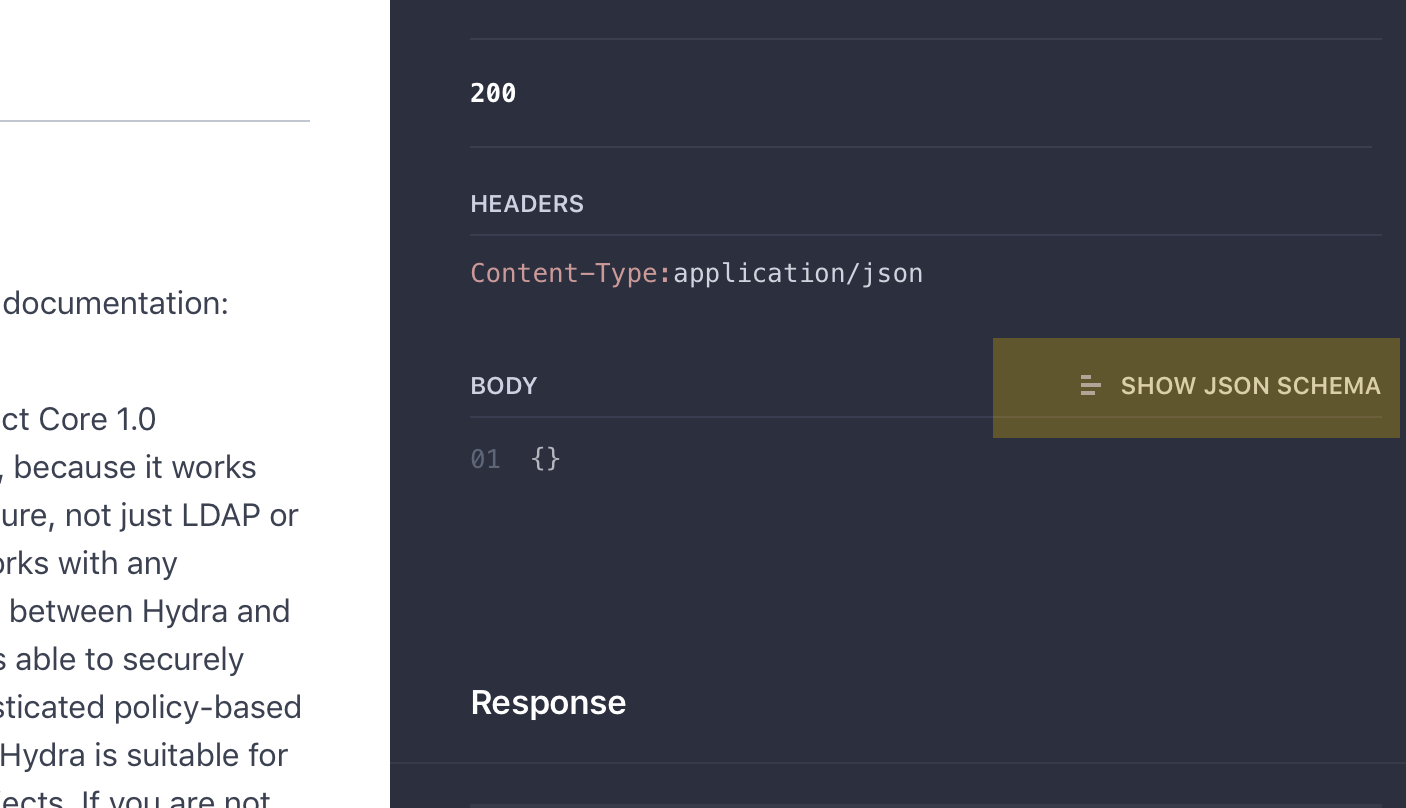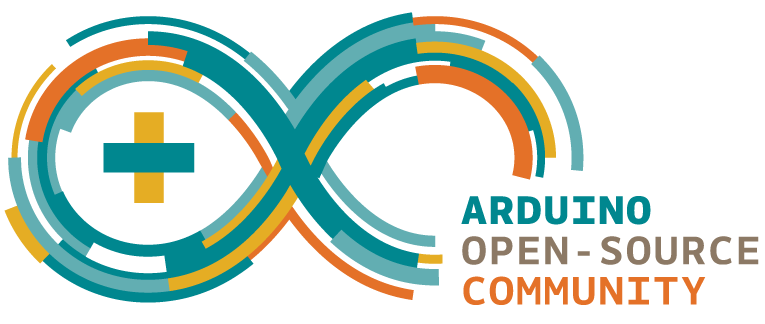 Documentation
¶
Documentation
¶
Overview ¶
Package main Hydra OAuth2 & OpenID Connect Server
Please refer to the user guide for in-depth documentation: https://ory.gitbooks.io/hydra/content/
Hydra offers OAuth 2.0 and OpenID Connect Core 1.0 capabilities as a service. Hydra is different, because it works with any existing authentication infrastructure, not just LDAP or SAML. By implementing a consent app (works with any programming language) you build a bridge between Hydra and your authentication infrastructure. Hydra is able to securely manage JSON Web Keys, and has a sophisticated policy-based access control you can use if you want to. Hydra is suitable for green- (new) and brownfield (existing) projects. If you are not familiar with OAuth 2.0 and are working on a greenfield project, we recommend evaluating if OAuth 2.0 really serves your purpose. Knowledge of OAuth 2.0 is imperative in understanding what Hydra does and how it works.
The official repository is located at https://github.com/ory/hydra
### Important REST API Documentation Notes
The swagger generator used to create this documentation does currently not support example responses. To see request and response payloads click on **"Show JSON schema"**: 
The API documentation always refers to the latest tagged version of ORY Hydra. For previous API documentations, please refer to https://github.com/ory/hydra/blob/<tag-id>/docs/api.swagger.yaml - for example:
- 0.9.13: https://github.com/ory/hydra/blob/v0.9.13/docs/api.swagger.yaml - 0.8.1: https://github.com/ory/hydra/blob/v0.8.1/docs/api.swagger.yaml
Schemes: http, https
Host:
BasePath: /
Version: Latest
License: Apache 2.0 https://github.com/ory/hydra/blob/master/LICENSE
Contact: ORY <hi@ory.am> https://www.ory.am
Consumes:
- application/json
- application/x-www-form-urlencoded
Produces:
- application/json
SecurityDefinitions:
oauth2:
type: oauth2
authorizationUrl: https://your-hydra-instance.com/oauth2/auth
tokenUrl: https://your-hydra-instance.com/oauth2/token
flow: accessCode
scopes:
hydra.clients: "A scope required to manage OAuth 2.0 Clients"
hydra.policies: "A scope required to manage access control policies"
hydra.groups: "A scope required to manage warden groups"
hydra.warden: "A scope required to make access control inquiries"
hydra.keys.get: "A scope required to fetch JSON Web Keys"
hydra.keys.create: "A scope required to create JSON Web Keys"
hydra.keys.delete: "A scope required to delete JSON Web Keys"
hydra.keys.update: "A scope required to get JSON Web Keys"
hydra.health: "A scope required to get health information"
hydra.consent: "A scope required to fetch and modify consent requests"
offline: "A scope required when requesting refresh tokens"
openid: "Request an OpenID Connect ID Token"
basic:
type: basic
Extensions:
---
x-request-id: string
x-forwarded-proto: string
---
swagger:meta
 Directories
¶
Directories
¶
| Path | Synopsis |
|---|---|
|
Package client implements OAuth 2.0 client management capabilities
|
Package client implements OAuth 2.0 client management capabilities |
|
Package firewall defines an API for validating access requests.
|
Package firewall defines an API for validating access requests. |
|
Package jwk implements JSON Web Key management capabilities
|
Package jwk implements JSON Web Key management capabilities |
|
Package policy offers management capabilities for access control policies.
|
Package policy offers management capabilities for access control policies. |
|
A library based on crypto/rand to create random sequences
|
A library based on crypto/rand to create random sequences |
|
sdk
|
|
|
Package warden implements endpoints capable of making access control decisions based on Access Control Policies
|
Package warden implements endpoints capable of making access control decisions based on Access Control Policies |
|
group
Package group offers capabilities for grouping subjects together, making policy management easier.
|
Package group offers capabilities for grouping subjects together, making policy management easier. |




